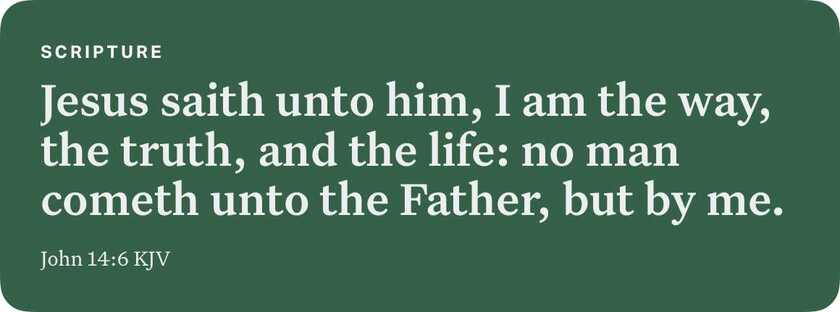I will share about Christian books I have read or listened to.
I will be sharing about my life before and after Christ. I will include stories about my pet and other pets I have encountered.
“And have ye not read this scripture; The stone which the builders rejected Is become the head of the corner: This was the Lord's doing, And it is marvellous in our eyes? And they sought to lay hold on him, but feared the people: for they knew that he had spoken the parable against them: and they left him, and went their way. And they send unto him certain of the Pharisees and of the Herodians, to catch him in his words. And when they were come, they say unto him, Master, we know that thou art true, and carest for no man: for thou regardest not the person of men, but teachest the way of God in truth: Is it lawful to give tribute to Cæsar, or not? Shall we give, or shall we not give? But he, knowing their hypocrisy, said unto them, Why tempt ye me? bring me a penny, that I may see it. And they brought it. And he saith unto them, Whose is this image and superscription? And they said unto him, Cæsar's. And Jesus answering said unto them, Render to Cæsar the things that are Cæsar's, and to God the things that are God's. And they marvelled at him.”
Mark 12:10-17 KJV
https://bible.com/bible/1/mrk.12.10-17.KJV
“Then all Israel gathered themselves to David unto Hebron, saying, Behold, we are thy bone and thy flesh. And moreover in time past, even when Saul was king, thou wast he that leddest out and broughtest in Israel: and the LORD thy God said unto thee, Thou shalt feed my people Israel, and thou shalt be ruler over my people Israel. Therefore came all the elders of Israel to the king to Hebron; and David made a covenant with them in Hebron before the LORD; and they anointed David king over Israel, according to the word of the LORD by Samuel. And David and all Israel went to Jerusalem, which is Jebus; where the Jebusites were, the inhabitants of the land. And the inhabitants of Jebus said to David, Thou shalt not come hither. Nevertheless David took the castle of Zion, which is the city of David. And David said, Whosoever smiteth the Jebusites first shall be chief and captain. So Joab the son of Zeruiah went first up, and was chief. And David dwelt in the castle; therefore they called it ...
















